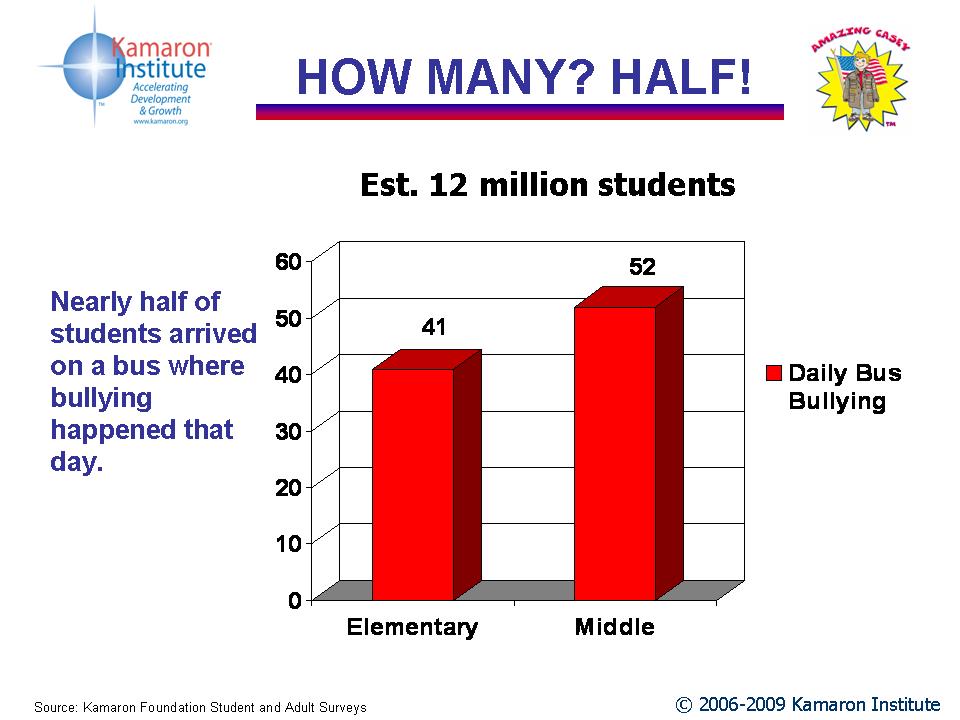E-Business News for News Section
Workplace and parenting expert, Margaret Ross, “Secrets of a happy life: Bounce Back Effect”

Author, education and bullying expert on NBC news.
Graphs

- Communications
- Media
- Books
- KC3 TV Show
- Articles
- Contact Communications
- School Solutions
- Character Program
- Teacher Center
- Results & Review
- School Gallery
- Education Contact
- Kamaron Institute
- About Kamaron Institute
- Contact Us
- Customer Reviews
- Margaret Ross
- Kamaron Foundation
- Bullying Solutions
- School Bullying
- Workspace Bully
- Cyber Bullying Prevention
- Bus Bullying
- Bullying Prevention References
- Kamaron Resources
- Visible Strategy Communications
- The Resources Center
- Other
- Headquaters: Altanta, Georgia
 If you have people in your life who like you, you may be better off than social media giant, Facebook. Consumers recently reported that they like Facebook about as much as the cable company, airlines and the IRS*. One major cause for customer concern is privacy. Here’s how to better protect your personal and family Facebook privacy.
If you have people in your life who like you, you may be better off than social media giant, Facebook. Consumers recently reported that they like Facebook about as much as the cable company, airlines and the IRS*. One major cause for customer concern is privacy. Here’s how to better protect your personal and family Facebook privacy. by
by 
 Professional communications skills can build and support a positive work environment. Before you dash off a quick email or instant message to a friend or family member during a protracted work meeting, remember that your message may be monitored. Over three-quarters (76%) of US firms report that they record and review their employees communications on the job, with over half retaining and reviewing email.
Professional communications skills can build and support a positive work environment. Before you dash off a quick email or instant message to a friend or family member during a protracted work meeting, remember that your message may be monitored. Over three-quarters (76%) of US firms report that they record and review their employees communications on the job, with over half retaining and reviewing email. 
 Certain birthdays mark special life changes. A birthday could mean becoming school age, driving age, dating age or voting age. Thirteen has become the ‘cellphone of my own’ age. Just 12 percent of kids ages 8-12 have a wireless phone, but that jumps dramatically at age 13. Nearly half of young teens, ages 13-15, have a wireless phone number of their own. That number jumps to 68 percent for the 16-17 age group. The phone may be traveling with the new teen, but the phone bill is still going to mom and dad. Parents pick their children’s wireless service bills in over two-thirds of the cases.
Certain birthdays mark special life changes. A birthday could mean becoming school age, driving age, dating age or voting age. Thirteen has become the ‘cellphone of my own’ age. Just 12 percent of kids ages 8-12 have a wireless phone, but that jumps dramatically at age 13. Nearly half of young teens, ages 13-15, have a wireless phone number of their own. That number jumps to 68 percent for the 16-17 age group. The phone may be traveling with the new teen, but the phone bill is still going to mom and dad. Parents pick their children’s wireless service bills in over two-thirds of the cases. 